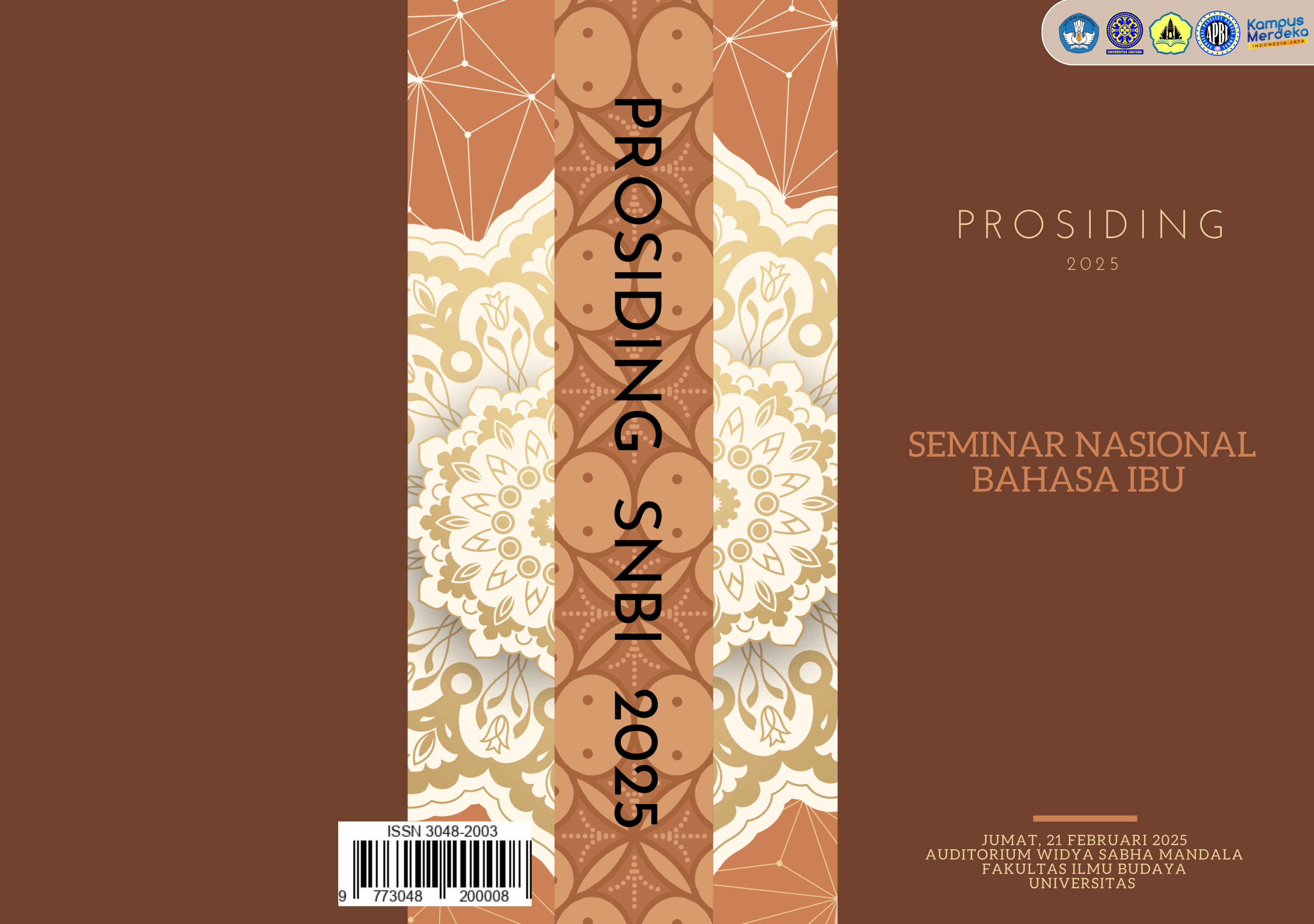RESISTENSI BUDAYA TERHADAP PEMERIKSAAN KESEHATAN PRANIKAH CALON PENGANTIN DI KINTAMANI BALI
Abstract
Since 2021, the government has implemented a new tradition program of premarital health screening for prospective brides in Indonesia. The noble goal is to prevent the early birth of stunting babies. However, the implementation of this new tradition program of premarital health screening has received a rejection response from communities in various regions. This article aims to examine the causes of cultural resistance to the implementation of the new tradition of premarital health screening by prospective brides in Kintamani District, Bangli, Bali, and analyze the transformation of cultural resistance. Designed with a qualitative descriptive analysis method, this article explores data through observation, in-depth interviews and documentation studies with the foundation of data analysis using Michel Foucault's knowledge power relations theory and Pierre Bourdieu's generative structuralism theory. The research concludes that the prospective brides's cultural resistance to the new tradition of premarital health screening is based on the internalization of the “pingit” myth, episteme, ideology that accepts the “sick condition” rather than the “sick role”. This article contributes to understanding community resistance to government programs and the government should develop policies to succeed its programs that are rejected by the community.

 Dikelola oleh Program Magister dan Doktor Ilmu Linguistik Fakultas Ilmu Budaya Universitas Udayana
Dikelola oleh Program Magister dan Doktor Ilmu Linguistik Fakultas Ilmu Budaya Universitas Udayana
